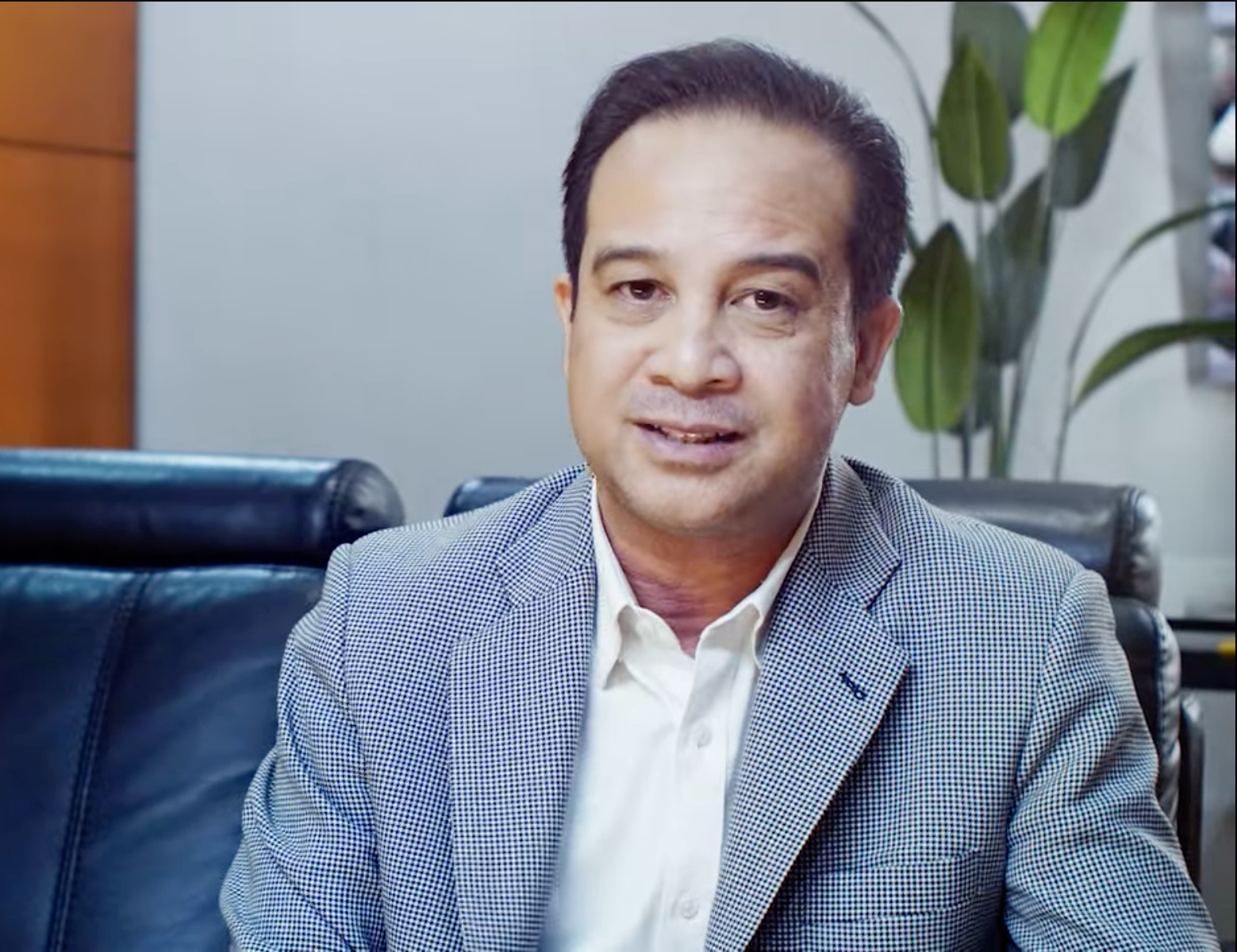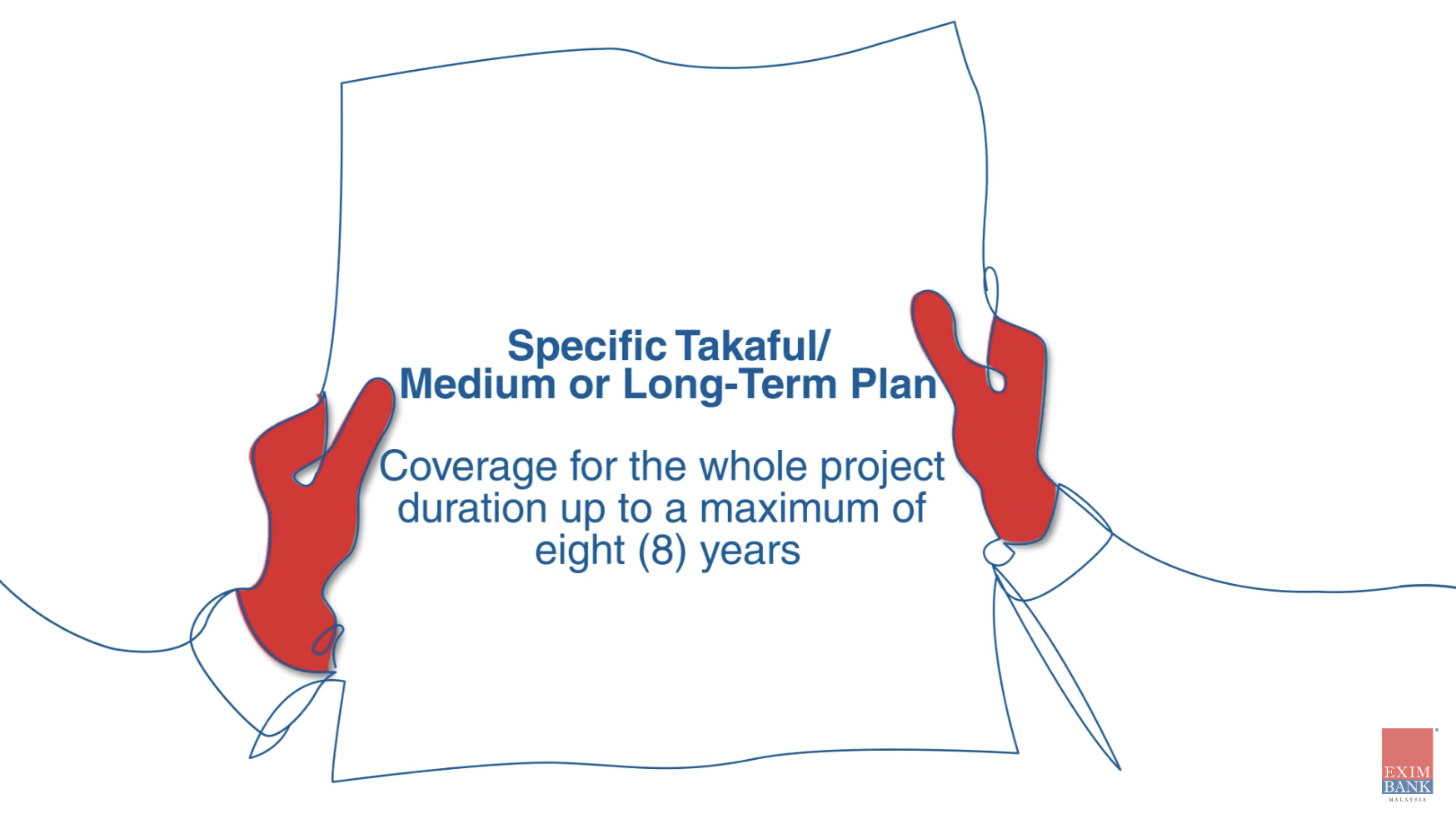Orang Asli are a heterogeneous indigenous population that forms a national minority and also the oldest inhabitants of Malaysia. They make up only 0.6% of the total population in the country with a total number exceeding 200,000 people.
Although not usually mentioned in the country’s mainstream ethnic composition, the Orang Asli are an integral and distinct category, as are the Malays, Chinese, Indians, and the other indigenous East Malaysians of Sabah and Sarawak. Their special status is undeniable and enshrined in the law.
The homogeneity of the Orang Asli is a result of their perception or misperception by outsiders, based on cultural and ideological criteria. In fact, they are made up of many tribes and peoples who have never felt and seen as one community. Orang Asli settlements are scattered among the main, mostly Malay, population of the country, often in mountainous areas or in the jungles of the rainforest.
Like other indigenous peoples around the world, Orang Asli strive to preserve their own distinctive culture and identity, which is inextricably linked by physical, economic, social, cultural, territorial and spiritual ties to their immediate natural environment.
“The All-Lights Village” project will bring manifold benefits to the Orang Asli community by reducing their energy expenditure, i.e. buying expensive energy sources (such as battery) that are not sustainable; reduce health and environmental impact (bonfire created by burning dried palm fruits generates a lot of smoke that choke, sting the eyes and also pose fire hazards); and improve the community’s productivity hours in the evening for house chores and studying for children that in turn enhances their livelihood.
With the aid of the Global Peace Foundation, we will identify 45 Orang Asli houses in the district of Pekan, Pahang to be provided with solar lights. These villages are mostly situated at the ridges of the forest with little to no basic amenities such as road, electricity, clean water and sanitation.



